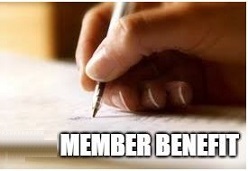 Member Benefit #2
Member Benefit #2
You may have read about how a strong presence on the web can build your writing or service career, but you may not have wanted to spend a lot of time and money creating a website from the ground up. As a member of NAIWE, a professionally-designed website will be available to you. Adding content to your new website is as easy as typing an email, and you will be provided simple how-to instructions to get you started. You can also look at the NAIWE Member Activity Feed to see what other members are doing with their member sites.
 Your NAIWE website, with the memorable web address of www.YourName.naiwe.com, includes
Your NAIWE website, with the memorable web address of www.YourName.naiwe.com, includes
- Homepage where you can introduce your books or services
- Portfolio pages, for reviews, testimonials, references, and samples (whatever you’d like to include)
- Professional profile page, including education, experience, publication history, and more
- The ability to add more pages
Visit the NAIWE website to see all of the member benefits.

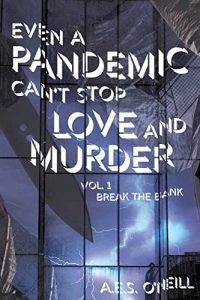
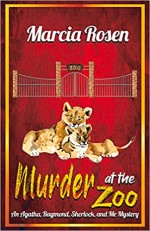
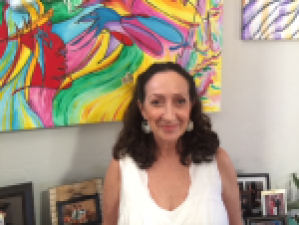
 NAIWE members receive 20% off audiobook narration!
NAIWE members receive 20% off audiobook narration!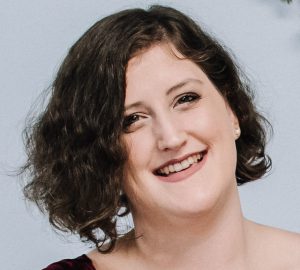
 NAIWE members receive 15% off the print version of the APA style guide!
NAIWE members receive 15% off the print version of the APA style guide!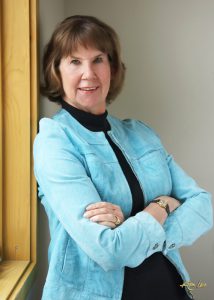 Today’s
Today’s  NAIWE members receive 20% off transcription services!
NAIWE members receive 20% off transcription services!